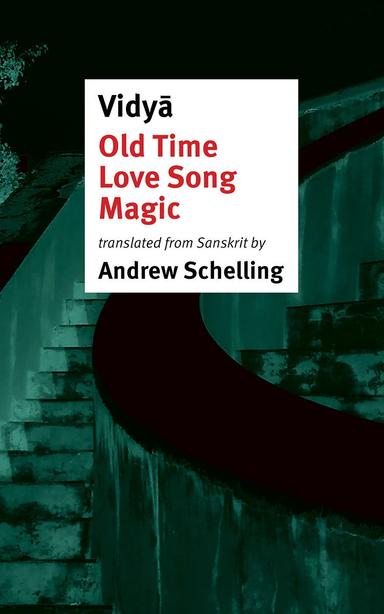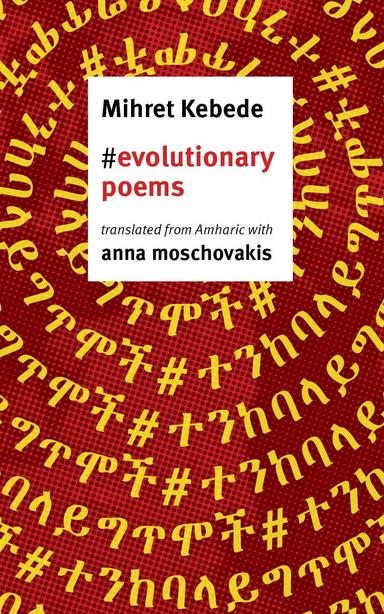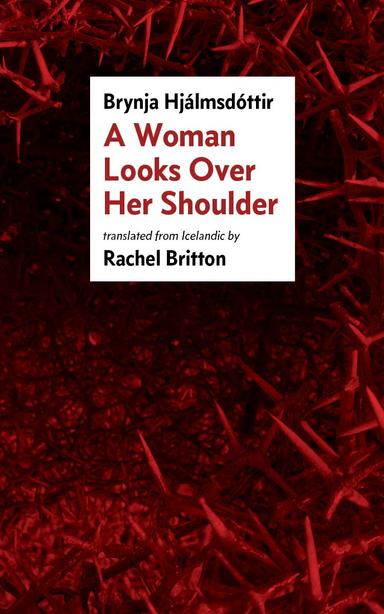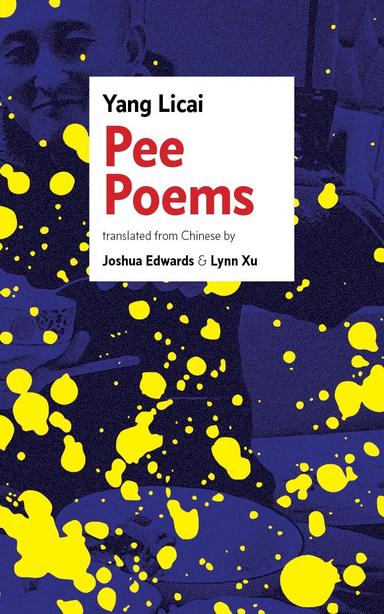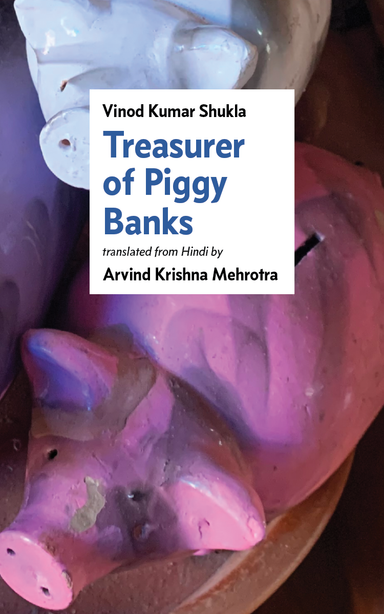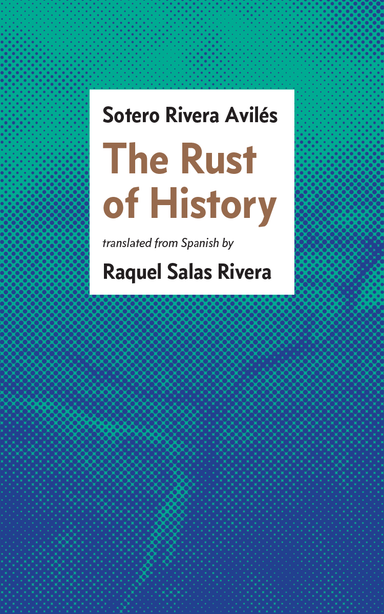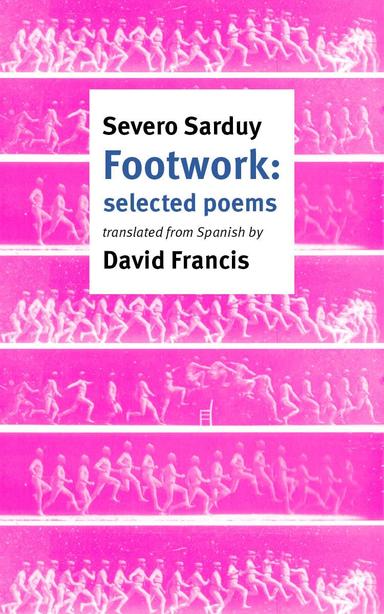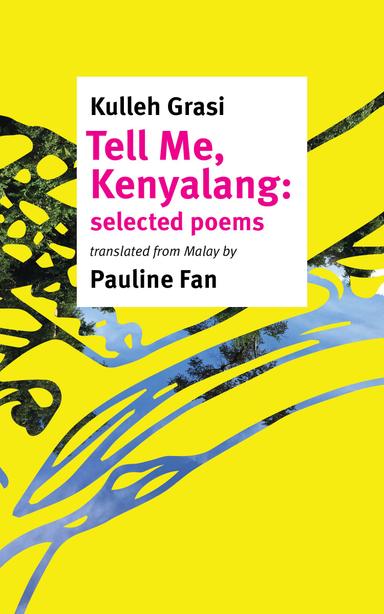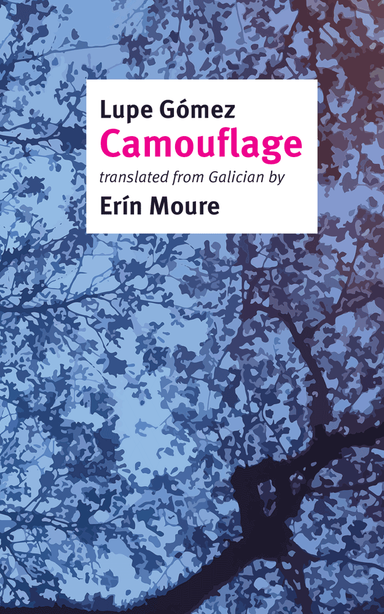Books
Old Time Love Song Magic
By Vidyā, translated from Sanskrit by Andrew SchellingNovember 2025
Old Time Love Song Magic is two books in one. The first collects Andrew Schelling’s translations of the thirty-odd existing poems by Vidyā, who may have been the earliest woman to write poetry in Sanskrit. Vidyā’s poetry, which comes to us from around 8th century India, is love poetry, and like all good love poetry, it spans a wide spectrum of feeling, from arousal to playfulness to despair. These poems are gracefully attentive to a natural world that spans the centuries with immediacy. Schelling’s translations reject melodrama and instead draw on an intimacy with the deep past, his language leaping from the originals and landing hard and true in the present moment.
Schelling has been translating and retranslating Vidyā for decades. The second book draws on the insights and knowledge gained through that process. It contains previous translations of the poems and reflections on Vidyā’s words, references, and environment. These little essays expand the world of each poem and reveal the subtle paths translation invites us to follow, taking us deeper into the work, past rhythms, and desire itself.
#evolutionarypoems
By Mihret Kebede, translated from Amharic by anna moschovakisNovember 2025
#evolutionarypoems is a translation of Mihret Kebede’s Amharic poem sequence by Anna Moschovakis. #evolutionarypoems is part of a collaboration between Kebede and Moschovakis that began when they met in Addis Ababa in 2009. #evolutionarypoems is an unfinished and evolving conversation made up of many unkept promises. #evolutionarypoems contains translations but is not a translation. #evolutionarypoems is a bilingual book that extends beyond the book. #evolutionarypoems is a record of Ethiopia’s recent and current socio-political conditions in a critical voice of a poet and her friend. #evolutionarypoems is incomplete. #evolutionarypoems is research. #evolutionarypoems is a search. #evolutionarypoems is a commitment to a willingness to fail. #evolutionarypoems is an invitation to a standing date. #evolutionarypoems is a speaking in silence. #evolutionarypoems is resistance in silence.
A Woman Looks Over Her Shoulder
By Brynja Hjálmsdóttir, translated from Icelandic by Rachel BrittonNovember 2024
In A Woman Looks Over Her Shoulder, written by contemporary Icelandic poet Brynja Hjálmsdóttir and translated by Rachel Britton, one woman lives in a glass ball that is being shaken by someone else. This book of poems, however, is always shaking itself up, leaping between the extreme and the daily, the gross and the delicious, between being scared and being scary. These surreal, visceral, and somehow polite poems explore what it can be like to be a woman and to slither through and away from threat to find voice and form and power, no matter how strange. The apocalyptic utopia we arrive at in this book—The Whore’s City—is a perfect model to move to in one’s head: feminist, funny, odd, and a little disgusting, all towards transformation.
Pee Poems
By Yang Licai, translated from Chinese by Joshua Edwards and Lynn XuJune 2024
Chinese writer Yang Licai’s Pee Poems go deep and dark—with deceptive lightness—into the metaphysical and the social, offering insight and humor along the way. Pee Poems is comprised of meditations, fragments, lyrics, and aphorisms, in dialogue with Chan hermit poets and Zen tricksters, with radical grassroots activism, experimental music, and Dada. Yang regards the body’s most basic functions and desires as philosophical problems, restoring garbage and bladder-control to the field of politics, inhabiting both epochal and local time. In Pee Poems vocabulary fights itself, while impossible opposites are lovingly conjoined.
Treasurer of Piggy Banks
By Vinod Kumar Shukla, translated from Hindi by Arvind Krishna Mehrotra February 2024
Infiltrator or inhabitant? In Treasurer of Piggy Banks, Indian poet Vinod Kumar Shukla sees the world through both lenses at once. All details are local yet canonical, and when inside his lyric mind, we are rooted, and the roots are spreading far and wide. Shukla’s ability to see things through their opposite illuminates what is hardest to comprehend with aphoristic yet surreal clarity, from environmental collapse to the way our own deaths are snug inside our lives.
The Rust of History
By Sotero Rivera Avilés, translated from Spanish by Roque Raquel Salas RiveraDecember 2022
The Rust of History presents the selected poems of Puerto Rican writer Sotero Rivera Avilés (1933–1994), translated from Spanish by the poet’s grandson, the writer Roque Raquel Salas Rivera. Lyrical, close, and resistant to the ease of closure, these poems cut across time to create a potent poetry of place. Rooted and exploratory, bound to anti-imperialism, the poems unfold and keep unfolding how to the live for and against home.
Pee Poems
By Yang Licai, translated from Chinese by Joshua Edwards and Lynn XuMarch 2022
Chinese writer Yang Licai’s Pee Poems go deep and dark—with deceptive lightness—into the metaphysical and the social, offering insight and humor along the way. Pee Poems is comprised of meditations, fragments, lyrics, and aphorisms, in dialogue with Chan hermit poets and Zen tricksters, with radical grassroots activism, experimental music, and Dada. Yang regards the body’s most basic functions and desires as philosophical problems, restoring garbage and bladder-control to the field of politics, inhabiting both epochal and local time. In Pee Poems vocabulary fights itself, while impossible opposites are lovingly conjoined.
Footwork
By Severo Sarduy, translated from Spanish by David FrancisFebruary 2021
Cuban writer Severo Sarduy was one of the most groundbreaking Latin American writers of the twentieth century. This is the first collection of his poetry to appear in English translation and represents poems from throughout Sarduy’s life, following the thrilling trajectory of a great thinker. David Francis translated the poems from Spanish into an acrobatic English. The title, Footwork, “recognizes how Sarduy’s poems deliver devastating wit, which lands on its prototypical feet or adroitly maneuvers, purposefully, around naming objects, people, or body parts and toward unexpected endings,” writes Francis. This collection makes it clear why Gabriel García Márquez once called Sarduy the best writer in the Spanish language.
Tell Me, Kenyalang
By Kulleh Grasi, translated from Malay by Pauline FanOctober 2019
Kulleh Grasi’s poems capture the excited intimacy exploring one’s own beloved country with depth and vision. Grasi leaps between languages, registers, and landscapes to create a multi-dimensional book, and Pauline Fan, in her translations, leaps with him into a detailed, rich English, while finding innovative ways to provide context to a place so rarely read about in English.
Camouflage
By Lupe Gómez, translated from Galician by Erín MoureMarch 2019
In Camouflage, Lupe Gómez renders her mother and her mother tongue, her land and its changes with tender, sharp insight, and Erín Moure brings into English this native language of Galicia in Spain so vividly that we can feel the original breathing beneath the surface.
